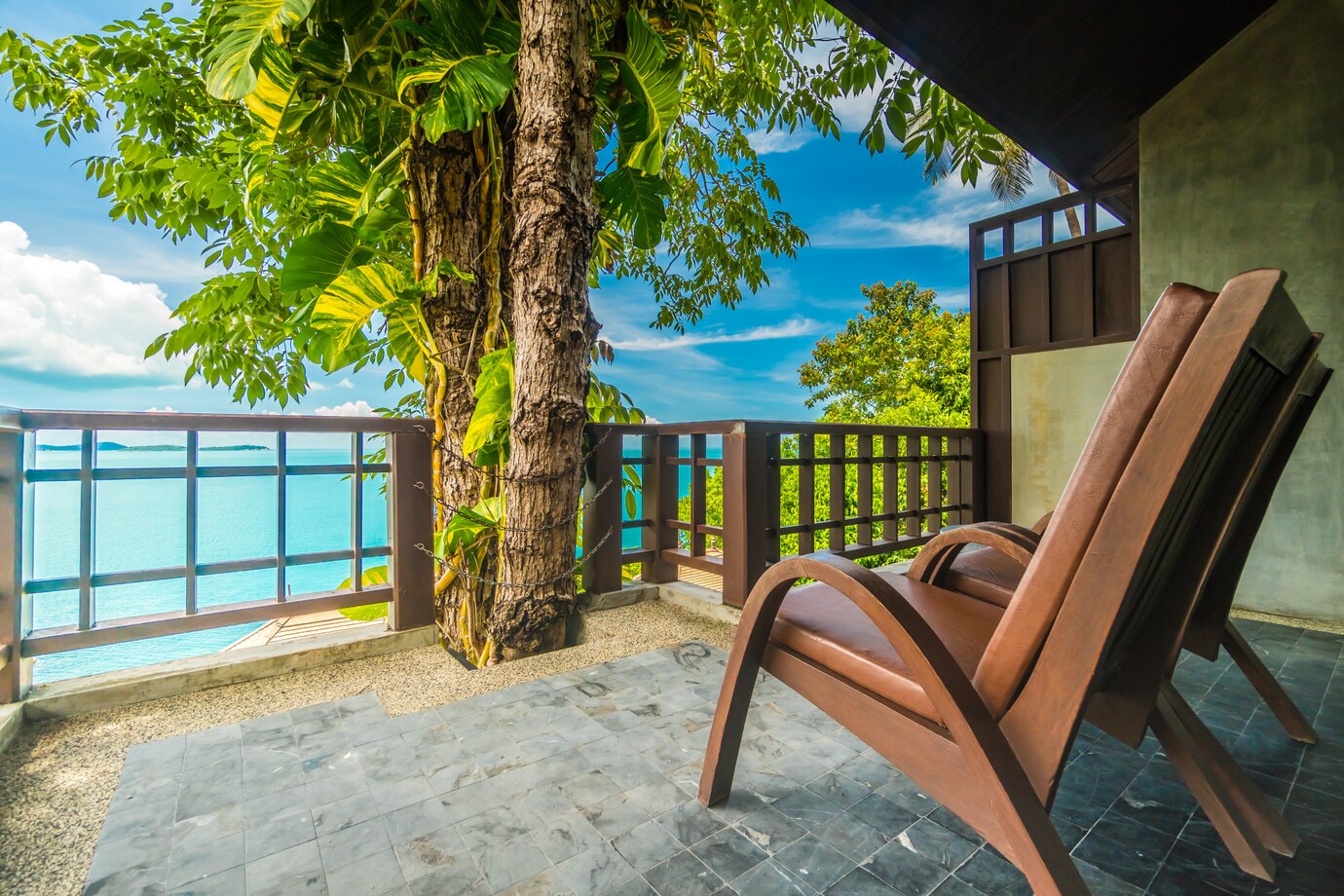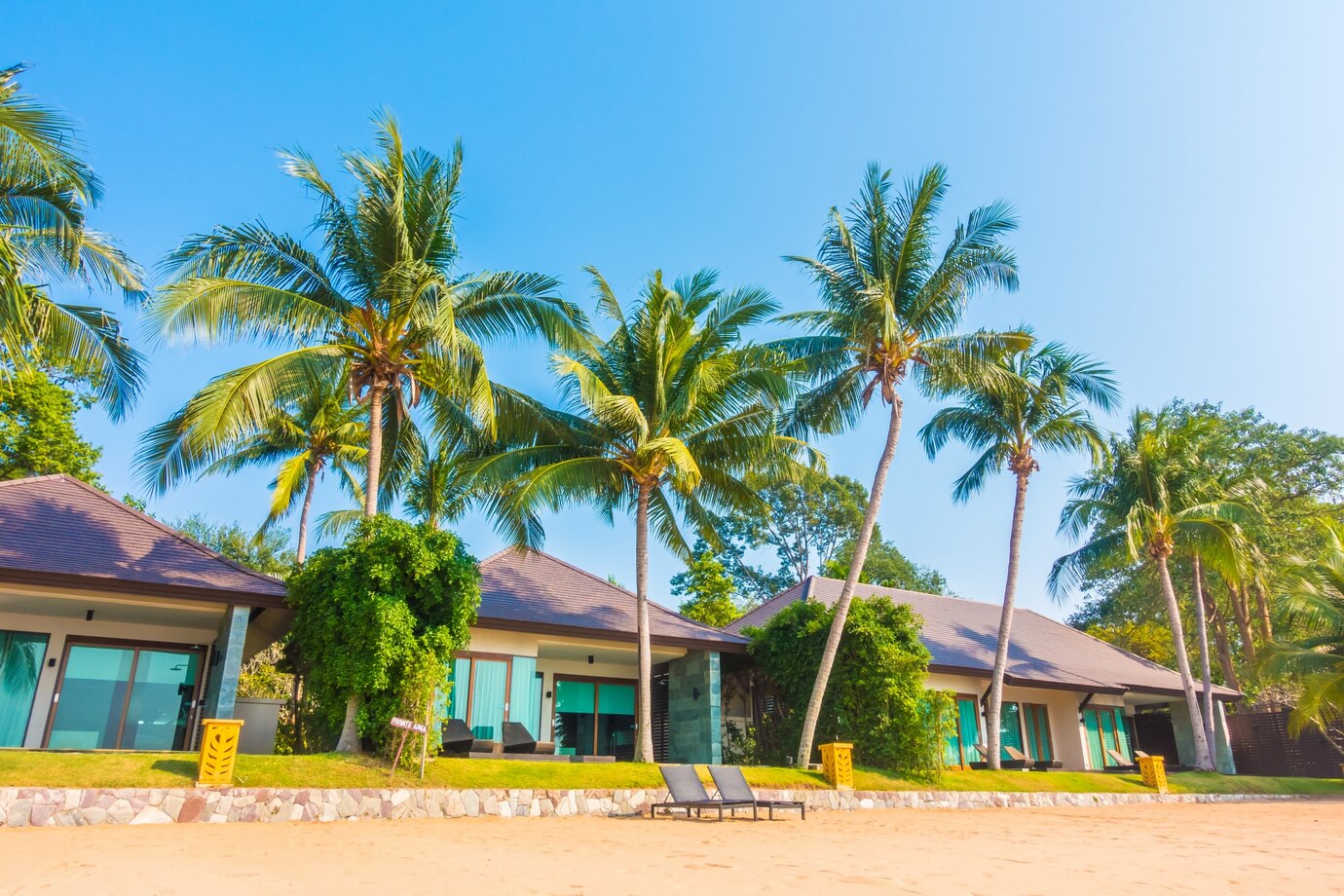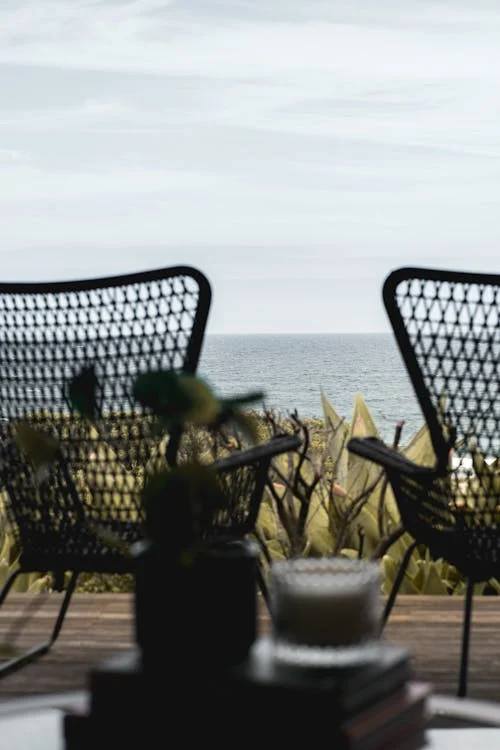
Vacation property investment strategies can be a smart financial move for Winnipeggers aiming to diversify their portfolios and generate additional income. This guide will provide you with practical vacation property investment strategies to maximize your returns in and around Winnipeg.
Key takeaways
- Location is crucial: Focus on popular areas like Lake Winnipeg or Riding Mountain National Park
- Consider seasonal demand and adjust your pricing strategy accordingly
- Understand local regulations and tax implications for short-term rentals
- Implement effective marketing strategies to attract guests year-round
- Maintain your property well to ensure positive reviews and repeat bookings
- Explore financing options specific to vacation property investments in Manitoba
Why Winnipeg is prime for vacation property investments
Winnipeg’s unique position as a gateway to Manitoba’s natural beauty makes it an ideal location for vacation property investments. With its proximity to stunning lakes, forests, and parks, the city offers investors a chance to tap into the growing demand for local getaways.
The allure of Manitoba’s outdoors
Manitoba’s diverse landscape, from the shores of Lake Winnipeg to the rolling hills of Riding Mountain National Park, attracts visitors year-round. This constant flow of tourists creates a steady market for vacation rentals, making it an attractive option for investors.
Year-round appeal
Unlike some vacation destinations that are seasonal, Winnipeg and its surrounding areas offer activities for every season. Winter brings opportunities for ice fishing and skiing, while summer is perfect for beach vacations and hiking. This year-round appeal can help ensure a more consistent income stream for property owners.
Choosing the right location for your vacation property

The success of your vacation property investment largely depends on its location. Here are some factors to consider when selecting a spot in or around Winnipeg:
Proximity to natural attractions
Properties near popular natural attractions tend to have higher occupancy rates. Consider investing in areas close to Lake Winnipeg, Birds Hill Provincial Park, or Whiteshell Provincial Park.
Accessibility from Winnipeg
While remote locations can be appealing, ensure your property is easily accessible from Winnipeg. This will make it attractive to both local weekenders and tourists flying into the city.
Local amenities and services
Look for locations with nearby restaurants, shops, and entertainment options. These amenities can make your property more appealing to a wider range of guests.
Understanding the Winnipeg vacation rental market
Before investing, it’s crucial to understand the local vacation rental market in Winnipeg and surrounding areas.
Seasonal trends in Manitoba
Manitoba experiences distinct seasons, each with its own appeal to tourists. Understanding these seasonal trends can help you plan your pricing and marketing strategies:
- Summer (June-August): Peak season for lakeside properties and outdoor activities
- Fall (September-November): Popular for hiking and viewing fall colors
- Winter (December-February): Attracts winter sports enthusiasts and holiday travelers
- Spring (March-May): Shoulder season with potential for wildlife viewing and early fishing
Target audience for Winnipeg vacation rentals
Identifying your target audience can help you tailor your property and marketing efforts. Common groups include:
- Families seeking summer lake vacations
- Couples looking for romantic getaways
- Outdoor enthusiasts interested in hiking, fishing, or skiing
- Urban dwellers seeking a quick escape from the city
Financing your vacation property investment
Securing financing for a vacation property in Winnipeg may differ from financing a primary residence. Here are some options to consider:
Traditional mortgages
Some lenders in Winnipeg offer mortgages specifically for vacation properties. These may require a larger down payment and have slightly higher interest rates than primary residence mortgages.
Home equity loans
If you have significant equity in your primary residence, you might be able to use a home equity loan to finance your vacation property purchase.
Private lenders
In some cases, private lenders in Winnipeg may offer more flexible terms for vacation property investments.
Legal considerations for vacation rentals in Winnipeg
Before investing in a vacation property, it’s important to understand the legal landscape in Winnipeg and Manitoba.
Zoning regulations
Check local zoning laws to ensure short-term rentals are allowed in your chosen area. Some neighborhoods or municipalities may have restrictions on vacation rentals.
Licensing and permits
Winnipeg requires short-term rental operators to obtain a license. Make sure you understand and comply with all local licensing requirements.
Insurance requirements
Standard homeowners insurance may not cover short-term rentals. Look into specialized vacation rental insurance to protect your investment.
Marketing your Winnipeg vacation rental
Effective marketing is key to maximizing your vacation property’s occupancy rates and profitability.
Online listing platforms
Utilize popular vacation rental platforms like Airbnb, VRBO, and local Manitoba tourism websites to reach a wide audience.
Highlighting local attractions
Showcase nearby attractions in your listing, such as Lake Winnipeg beaches, Assiniboine Park, or The Forks Market.
Professional photography
Invest in professional photos that capture the beauty of your property and its surroundings. This can significantly improve your listing’s appeal.
Managing your vacation property
Proper management is crucial for the success of your vacation rental investment.
Self-management vs. property management companies
Decide whether you want to manage the property yourself or hire a local Winnipeg property management company. Consider factors like your availability, skills, and the property’s location.
Maintaining your property
Regular maintenance is essential for guest satisfaction and preserving your property’s value. This includes:
- Seasonal upkeep (e.g., winterizing pipes, spring cleaning)
- Prompt repairs and replacements
- Deep cleaning between guests
Guest communication and support
Provide excellent customer service by responding promptly to inquiries and addressing any issues during guests’ stays.
Maximizing your return on investment

To ensure your vacation property investment is profitable, consider these strategies:
Dynamic pricing
Adjust your rates based on seasonal demand, local events, and occupancy rates to maximize revenue.
Offering unique experiences
Set your property apart by offering unique amenities or experiences, such as guided tours of local attractions or partnerships with local businesses.
Encouraging repeat bookings
Build a loyal customer base by providing exceptional experiences and offering incentives for repeat bookings.
Tax implications of vacation property investments
Understanding the tax implications of your vacation property investment is crucial for financial planning.
Income tax considerations
Rental income from your vacation property must be reported on your tax return. Keep detailed records of all income and expenses related to the property.
Capital gains tax
If you sell your vacation property for a profit, you may be subject to capital gains tax. Consult with a local tax professional to understand your obligations.
GST/HST requirements
Depending on your rental income and the services you provide, you may need to charge and remit GST/HST. Check with the Canada Revenue Agency for specific requirements.
Challenges of vacation property investments in Winnipeg
While vacation property investments can be lucrative, they also come with challenges:
Seasonal fluctuations
Manitoba’s distinct seasons can lead to fluctuations in demand. Plan for slower periods and have strategies to attract off-season guests.
Property upkeep
Maintaining a property from a distance can be challenging. Consider hiring local service providers or a property management company.
Changing regulations
Stay informed about any changes in local regulations regarding short-term rentals, as these can impact your investment.
Future outlook for vacation property investments in Winnipeg
The future of vacation property investments in Winnipeg looks promising, with several factors contributing to potential growth:
Growing tourism industry
Manitoba’s tourism industry has been steadily growing, with initiatives to attract more visitors to the province’s natural and cultural attractions.
Increased interest in domestic travel
The trend towards domestic travel, accelerated by recent global events, may continue to benefit local vacation rental markets.
Infrastructure improvements
Ongoing improvements to transportation and tourism infrastructure in Manitoba could make the region more accessible and attractive to visitors.
Case studies: Successful vacation property investments in Winnipeg

To illustrate effective investment strategies, let’s look at two hypothetical case studies:
Lake Winnipeg beachfront cottage
A couple purchased a beachfront cottage on Lake Winnipeg and renovated it to appeal to families seeking summer getaways. By offering kayaks and partnering with local tour operators, they created a unique experience that keeps guests coming back year after year.
Riding Mountain National Park cabin
An investor bought a cabin near Riding Mountain National Park and marketed it as a year-round retreat. By highlighting winter activities like cross-country skiing and summer hiking trails, they maintain high occupancy rates throughout the year.
Vacation property investment checklist
Use this checklist to guide your vacation property investment decision:
- Research potential locations and their year-round appeal
- Analyze local vacation rental market trends and competition
- Understand local regulations and tax implications
- Explore financing options and calculate potential returns
- Develop a marketing strategy to attract your target audience
- Plan for property management and maintenance
- Consider unique amenities or experiences to offer guests
- Stay informed about local tourism trends and initiatives
Conclusion: Is a vacation property investment right for you?
Investing in a vacation property in Winnipeg can be a rewarding venture if approached with careful planning and research. By understanding the local market, choosing the right location, and implementing effective management strategies, you can create a successful and profitable investment. However, it’s important to weigh the potential benefits against the challenges and responsibilities that come with owning a vacation rental. Consult with local real estate professionals and financial advisors to determine if a vacation property investment aligns with your financial goals and lifestyle.
| Popular Vacation Areas Near Winnipeg | Average Nightly Rate (CAD) | Peak Season |
|---|---|---|
| Lake Winnipeg | $150 – $300 | June – August |
| Riding Mountain National Park | $120 – $250 | July – September |
| Whiteshell Provincial Park | $130 – $280 | June – August |
| Gimli | $100 – $200 | July – August |
| Birds Hill Provincial Park | $80 – $180 | May – September |
| Vacation Property Investment Costs | Estimated Range (CAD) |
|---|---|
| Property Purchase Price | $200,000 – $500,000 |
| Annual Property Taxes | $2,000 – $5,000 |
| Insurance (Annual) | $1,500 – $3,000 |
| Utilities (Monthly) | $200 – $400 |
| Maintenance (Annual) | $3,000 – $7,000 |
| Property Management Fees | 20% – 30% of rental income |
Remember, these figures are estimates and can vary based on specific property characteristics and market conditions. Always conduct thorough research and due diligence before making an investment decision. For more information, visit our website or contact us!